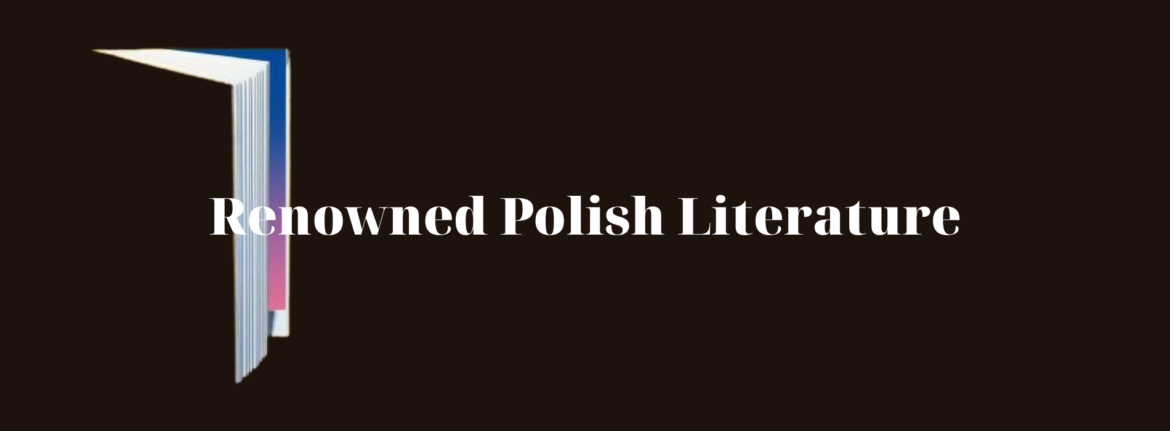Polish literature boasts a rich tapestry of narratives, styles, and themes that have evolved over centuries. From its early beginnings to the modern era, Polish literature has been a reflection of the nation’s history, culture, and spirit.
Historical Context and Early Beginnings
Polish literature is deeply rooted in the nation’s history. While most of it has been written in the Polish language, other languages used in Poland, such as Latin, Yiddish, Lithuanian, and German, have also made contributions. Historically, Polish literature leaned more towards drama and poetic self-expression than fiction. This inclination was influenced by the nation’s tumultuous past, marked by invasions, partitions, and uprisings. The literature of the Middle Ages, for instance, was predominantly in Latin, with works like Gallus Anonymus’s „Cronicae et gesta ducum sive principum Polonorum” shedding light on Poland’s early history.
The Enlightenment and Romanticism
The Polish Enlightenment, which began in the 1730s and peaked in the late 18th century, saw the emergence of luminaries like Ignacy Krasicki and Jan Potocki. However, it was the Romantic period that truly defined Polish literature. Unlike its European counterparts, Polish Romanticism was a movement for national independence against foreign occupation. It was heavily influenced by the nation’s political struggles, with many writers, including the renowned Adam Mickiewicz, working in exile. Mickiewicz’s works, such as „Dziady” and „Pan Tadeusz,” are emblematic of this era, reflecting the deep-seated desire for freedom and national identity.
Positivism to Modernism
Following the failed January 1863 Uprising against Russian rule, Polish literature entered the Positivist era. This movement emphasized skepticism and reason, with writers like Eliza Orzeszkowa and Bolesław Prus advocating for social reforms and equal rights. By the turn of the 20th century, the Young Poland movement emerged, marking a return to Romantic ideals but with a modernist twist. This period saw the rise of writers like Stefan Żeromski and Władysław Reymont, who combined traditional themes with contemporary sensibilities.
Nobel Laureates and Global Recognition
The 20th century was a golden era for Polish literature on the global stage. Henryk Sienkiewicz received the Nobel Prize in Literature in 1905 for his Trilogy, instilling a renewed sense of national pride. Later in the century, other Polish writers, including Isaac Bashevis Singer, Czesław Miłosz, and Wisława Szymborska, were also honored with the Nobel Prize, cementing Poland’s reputation as a powerhouse of literary talent.
Contemporary Voices
The legacy of Polish literature continues in the 21st century with writers like Olga Tokarczuk, who was awarded the Nobel Prize in 2018. Her works, along with those of her contemporaries, reflect the evolving landscape of Polish society, grappling with issues of identity, history, and modernity.
Thought-Provoking Insights:
- Literature as a Mirror: How does the evolution of Polish literature reflect the nation’s historical and cultural journey?
- The Power of Exile: Many Polish writers, from Mickiewicz to Miłosz, wrote in exile. How did this experience shape their perspectives and narratives?
- Modern Challenges: As Poland navigates the complexities of the 21st century, how are contemporary writers addressing issues of globalization, migration, and identity in their works?
